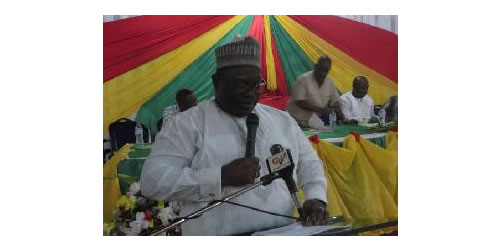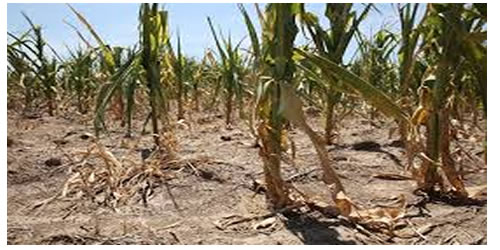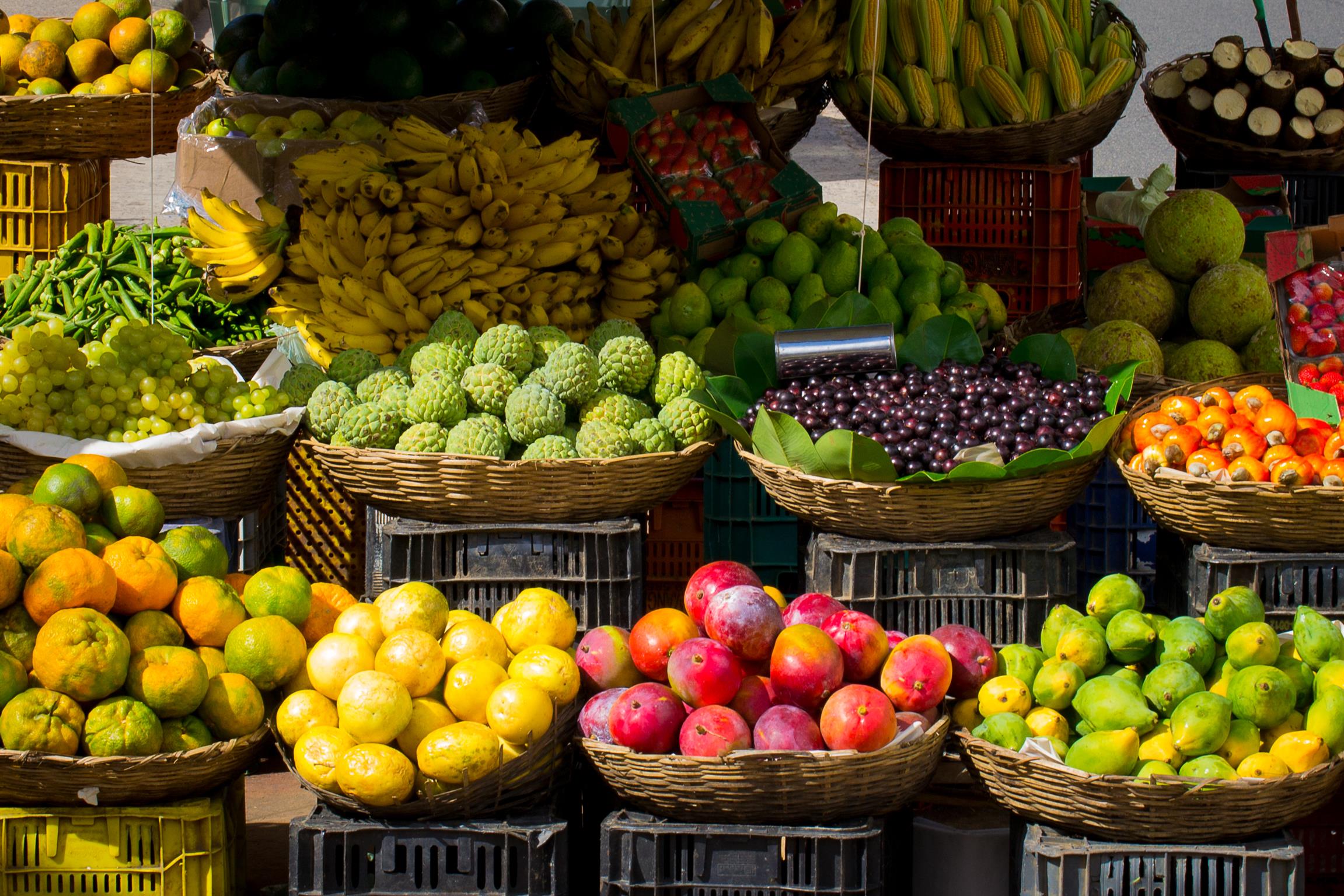Agriculture Stakeholders discuss plans to ensure integrated agriculture industry

Vice President Dr Mahamudu Bawumia Monday opened an agricultural consultative forum in Peduase in the Eastern Region, to discuss and put together a comprehensive plan to ensure integrated agricultural industry.
The two-day meeting, which was organised by the Ministry of Food and Agriculture, brought together key stakeholders in the agriculture sector, to focus on three thematic areas, including policy framework, technology and innovation as well as agriculture financing.
Vice President Bawumia said the vision of the government to roll out an Agriculture Marshall Plan was to inject renewed energy and the right spirit to re-invigorate the sector and serve as a major pillar to the success of the government’s transformation agenda.
“We must feed our population, provide raw materials for industry, sustain our environment and use our natural resources to generate employment, catalyse rural development and create wealth,” he said.
He gave the assurance that, government would make agriculture attractive to women and youth in particular, to engender socio-economic development of the country.
Dr Bawumia said: “We need to re-orient the skills of small-scale farmers to embrace a modernised approach to the source of their livelihoods.
“Our manifesto pledge dwelled on high regard for all our farmers and it is in keeping with our promises and goes beyond the noble attempt to address land issues using technology and research”.
He said the government would use the Marshall Plan to address issues of improved seeds and other planting materials, issues of optimal pricing, distribution and access to fertilizer, issues of expanded and improved irrigable lands, storage and ware housing, improved food security, accessible and stable markets by commodity exchange, adding; “This will re-ignite hope towards agriculture”.
“Let’s provide confidence for nearly 50 per cent of the labour force in agriculture and attract more of our youth away from the rush of small-scale and illegal mining. Let’s re-orient the youth to be more profitable business of agriculture,” he emphasised.
Vice President Bawumia urged smallholder farmers, agribusiness entrepreneurs, processors and manufacturers, as well as service providers and researchers to actively engage in all aspects of the agricultural value chains as a business, for sustainable economic growth.
He noted that in the past decade and half, the contribution of agriculture to the country’s gross domestic product (GDP) had fallen behind services and industry, and thus, falling as low as 0.8 per cent in 2011 partly due to the coming of the production of oil and gas.
The Vice President observed that though the sector improved its contribution to GDP to 2.3 per cent in 2012 and 5.2 per cent respectively.
However, he said, in 2013, the performance of agriculture declined subsequently, prompting some observers to suggest that Ghana’s agriculture may be suffering from the conventional Dutch Disease.
He noted that agricultural production suffered because of the flight of labour and capital into more lucrative non-agriculture producing sectors, therefore the Marshall Plan would provide a paradigm shift to the sector and re-invigorate it to contribute meaningfully towards economic growth.
Dr Bawumia mentioned some policy intervention to address the sector’s myriad of challenges such as Planting for Food and Jobs to promote crop production and to create jobs, One District One Warehouse to solve storage and some post-harvest difficulties, One District One Factory for value addition and to provide stable markets for produce, while the One Village One Dam in the Savannah Area would provide infrastructural support.
Dr Owusu Afriyie Akoto, the Minister of Food and Agriculture, also reiterated government’s commitment to make a difference in the agriculture sector.
He said government would provide the needed infrastructure to make the Agricultural Marshall Plan successful.
Dr Akoto noted that both the President and his vice were leading the charge for agricultural transformation and that the forum was ample demonstration of the government’s efforts to promote genuine agriculture.
He said the government was of great conviction that any efforts towards the development of the economy would only be based on sustainable growth of agriculture.
He said the flagship programme of “Planting for Food and Job” was leading the drive for sustainable agriculture and that the pilot phase with 200,000 farmers this year had witnessed tremendous success and have high prospect for the economy.
He said the target of reaching a minimum of 1.5 million of the five million farmers by 2020 could not be achieved without the requisite investment in the areas of marketing facilities, agro-processing and other supporting infrastructure.
Source: GNA





